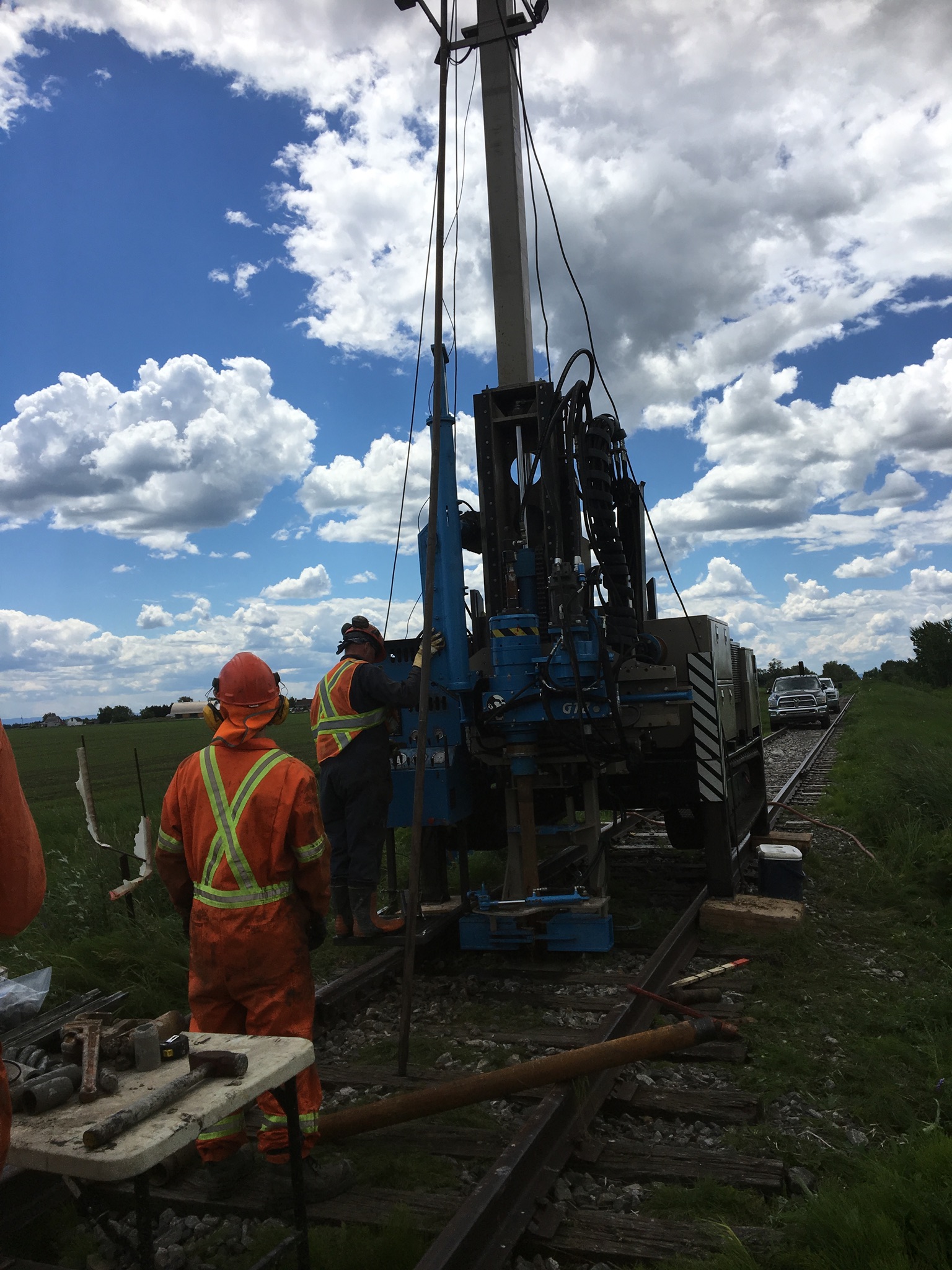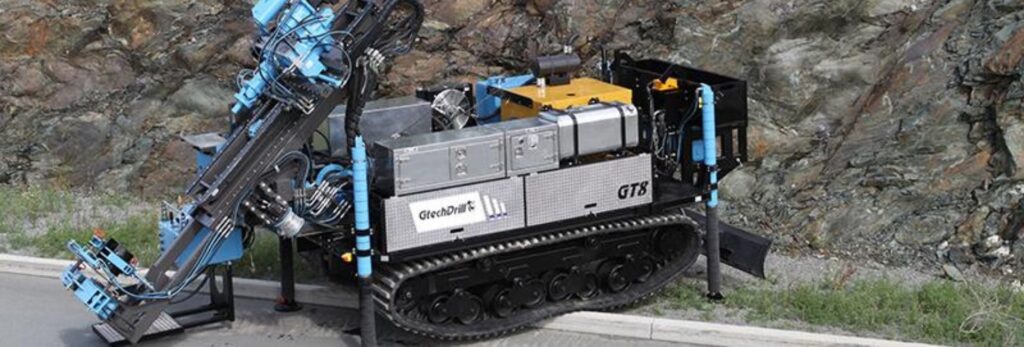The field of geotechnics has made strong advances, but it’s also true that it has existed since the dawn of time. Our predecessors also needed to know the soil that they were digging in, though of course it was for different reasons than ours. Today, geotechnics is very useful, especially in construction. But what does it mean, exactly, in simple terms?
Geotechnics: first and foremost a science
The field of geotechnics is both scientific and technical. As a science, it means the study of how to adapt human structures to soils and rocks. Actually, it’s the study of the layer that is right underneath the surface of the ground (subsurface), affected by humans when they execute civil engineering projects, manage groundwater or prevent natural hazards, among other things.
Geotechnics: but still a technical field!
On the technical side, geotechnics indicates a method for identifying the geological particularities of a site (land, river or ocean) before building, modifying or doing maintenance on various types of structures. Ideally, buildings, roads, railways, bridges, tunnels, dams and so on should all be constructed based on geotechnical data.
Erecting a structure that hasn’t been the subject of a geotechnical study may cause serious damage and accidents. Indeed, the majority of so-called “geotechnical“ problems that crop up are due to the fact that the structure isn’t suitable for its site. If this is not the case, it’s generally because the geology of the site isn’t known accurately and not, as it would be easy to believe, because of a calculation error.
The profession of geotechnician
Geotechnicians need to have a certain intellectual baggage to be able to give a detailed account of the subsurface. This baggage has to include geology, hydrogeology, soil mechanics and construction procedures.
Fortunately, they are assisted by numerous professionals, such as drillers. They manage the drill team, analyze the tests done on-site and in the lab, and finally bring together and synthesize all the data collected to make sure that all the stakeholders in the project understand it. Thanks to these elements of knowledge, essential and even impressive structures can be raised with a minimum of risk and at a better price!
The profession of geotechnical driller
Drillers are essential to the process of carrying out geotechnical examinations, especially when planning construction or mining exploration projects. They use drills made specifically for the purpose to collect soil and rock samples and ensure their quality. This work is used to determine the characteristics of the soil and obtain information on the water held beneath the surface, information that is vital when using a site for mining purposes. Collecting material, analyzing data and making decisions on project feasibility are all equally important. This makes drilling a crucial step in applying geotechnics.

Of course drillers need to be equipped with heavy-duty, high-performance drills designed for the task. Good news: GtechDrill manufactures powerful geotechnical drills with high torque. They are compact and sturdy, ready for used in the roughest environments, and they’re the best in their class. Nothing less!
